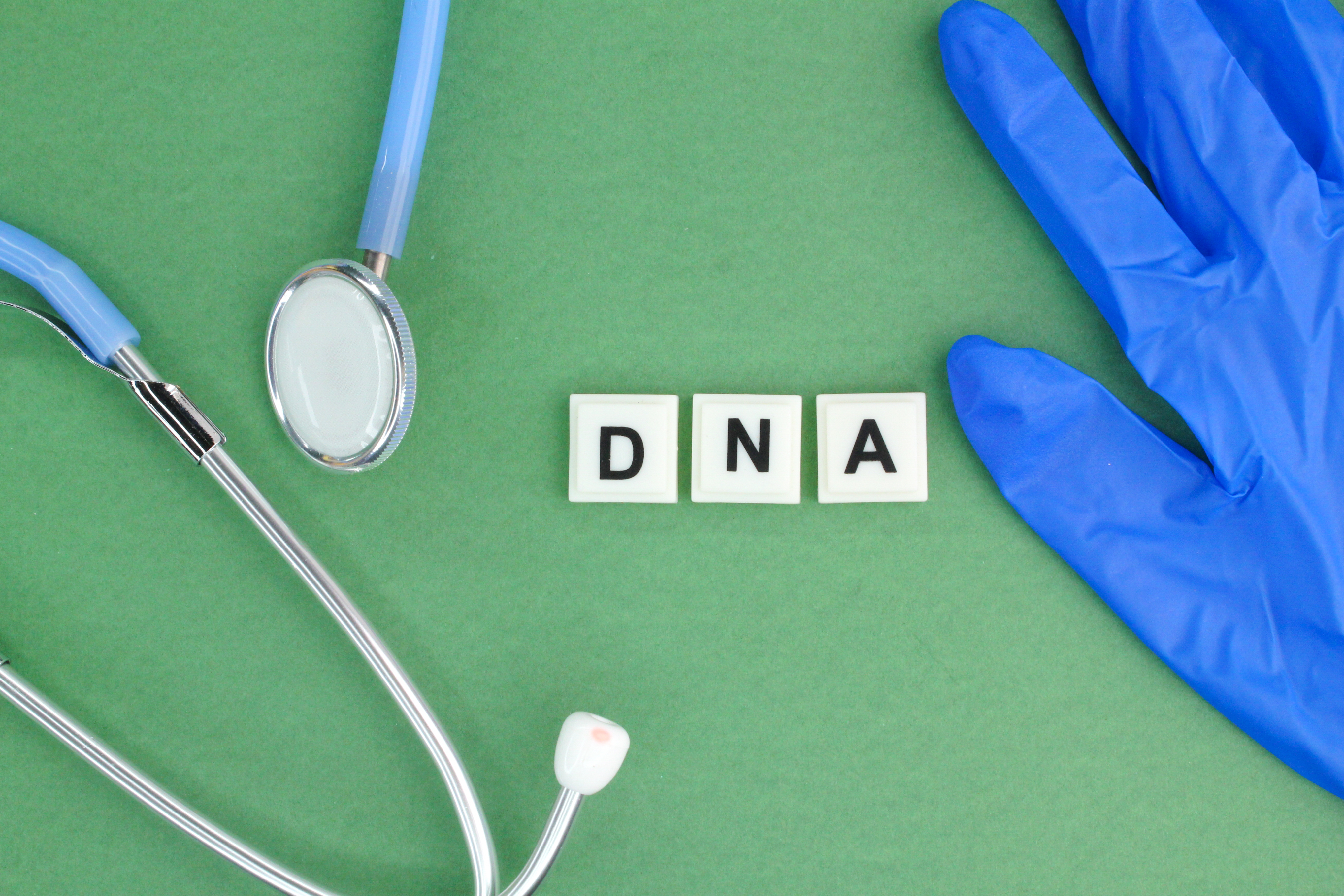How DNA Tests Are Uncovering Surprising Ancestry Stories
In recent years, at-home DNA testing kits have become a popular tool for exploring family roots. What started as a simple curiosity for many has led to astonishing revelations—some of which have completely rewritten family histories.
Millions of people across the U.S. have taken DNA tests offered by companies like 23andMe, AncestryDNA, and MyHeritage. These tests analyze your genetic makeup and compare it with large global databases to provide a breakdown of your ethnic origins. But what often begins as a fun exploration can turn into a life-changing discovery.

A Broader Picture of Identity
One of the most common surprises is the unexpected diversity in ethnic backgrounds. A person who believed they had purely Irish roots may find links to Southern Europe, North Africa, or the Middle East. These discoveries often highlight how global migrations, colonial histories, and generations of intermarriage have shaped genetic identities in ways that aren’t always reflected in family lore.
For example, several users have shared stories of discovering Ashkenazi Jewish heritage or Indigenous American ancestry that had never been discussed in their families. In many cases, these results prompt deeper conversations within families, spurring research into genealogy, immigration records, and cultural traditions that had been lost or forgotten.
Family Secrets and Hidden Connections
Perhaps the most startling aspect of DNA testing is how often it reveals unknown relatives. Some people have discovered half-siblings, cousins, or even biological parents they never knew existed. These findings are often the result of adoptions, donor conceptions, or relationships kept secret due to cultural stigma.
While some welcome these discoveries and embrace the opportunity to build new connections, others find the revelations emotionally complex. It’s not uncommon for DNA results to challenge long-held beliefs about identity and parentage.
Privacy and Responsibility
As interest in DNA testing continues to grow, so do questions around privacy and data usage. Most testing companies allow users to opt out of sharing their DNA data with third parties. Still, experts recommend reading the fine print and understanding how your genetic data might be used for research, product development, or even law enforcement investigations.
Some companies have also begun integrating DNA data with health insights, giving users information on genetic risks for certain diseases or traits. While this can be empowering, it also raises concerns about how this data could influence insurance coverage or employment decisions in the future.
Changing the Way We See Ourselves
What’s clear is that DNA testing is more than just a novelty. For many, it’s a powerful tool that reshapes personal identity and family narrative. Whether it leads to a newfound cultural connection or an unexpected sibling match, a simple saliva sample can open doors to stories buried for generations.
In an age where data is increasingly used to drive decisions—from healthcare to recruitment—understanding your genetic makeup could become more than personal. It might shape the way institutions see you, too.
As science advances and databases grow, one thing is certain: our DNA holds more than just biological information—it holds the key to who we are, where we come from, and perhaps, where we’re headed.